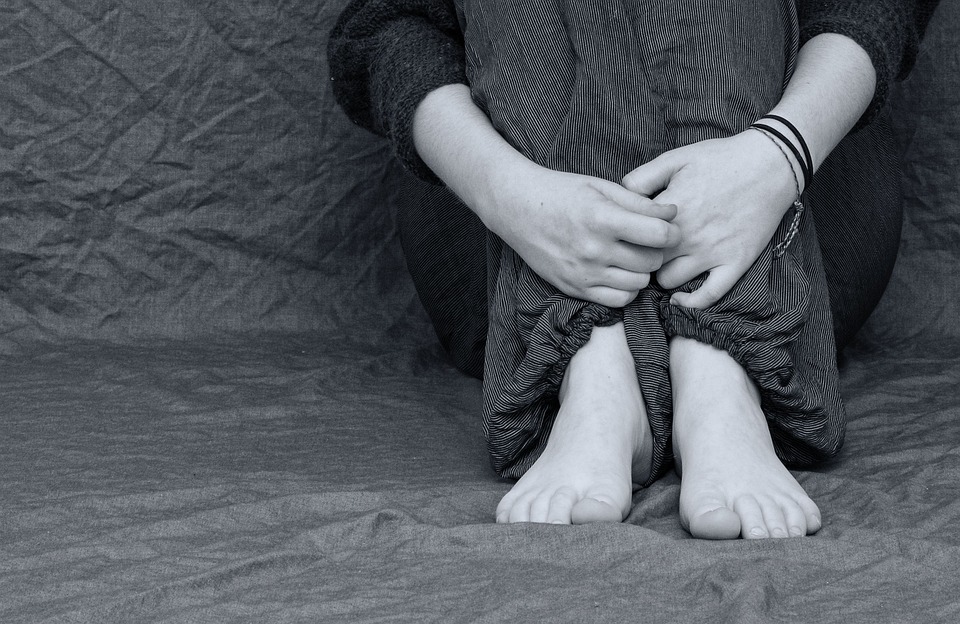
April 24, 2019 - Comments Off on What Gender Based Bullying Looks Like in Pakistan
What Gender Based Bullying Looks Like in Pakistan
The Pakistani society is strictly hierarchical – power and control structured around various factors including gender, race, religion and sexual orientation. This hierarchy eventually manifests itself in online spaces as well. It then reproduces and exerts the power and control over women and minorities through technology. Technological advances and the growing use of the internet has nevertheless provided us with many opportunities to have our voices heard and stories shared beyond physical space. However, it has also resulted in the same online platforms becoming a medium for men to bully, harass, humiliate, attack, shame and silence women.
One of the cases of technology-facilitated gender based violence and bullying that we came across at our Cyber Harassment Helpline was of a girl who was targeted by a group of men online. The complainant joined a Facebook group of sport fans where she would actively engage just like any other member. The group was male dominated who started to bully her in the comments section for having an interest in sports– a stereotypically men’s interest. They trolled and abused her with gender based slurs intending to “show her the space she belongs to i.e. kitchen and/or fashion”.
However, the bullying did not stop here. They stalked her Facebook profile and not only attacked her with lewd comments and messages but also started posting her pictures in the same group with sexually offensive captions.This ordeal went on for several days and took a serious toll on the complainant’s mental health which led to her deactivating her Facebook account.
The cultural factor of toxic and hegemonic masculinity took no time in seeping into the online spaces and neither did the stereotypical gender norms and expectations. Even though the offline culture of a society shapes its online culture, but the repercussions of online bullying or harassment can be equally traumatizing and have the tendency to translate into an offline threat. This creates a vicious cycle of violence against women curtailing their visibility in online spaces. The power dynamics in these spaces make them a lot less safer for women, however, in today’s day and age, cutting oneself from internet means cutting oneself from the opportunities and knowledge that the world brings.
Written by: Maria Arshad
Published by: Digital Rights Foundation in Blog

Comments are closed.